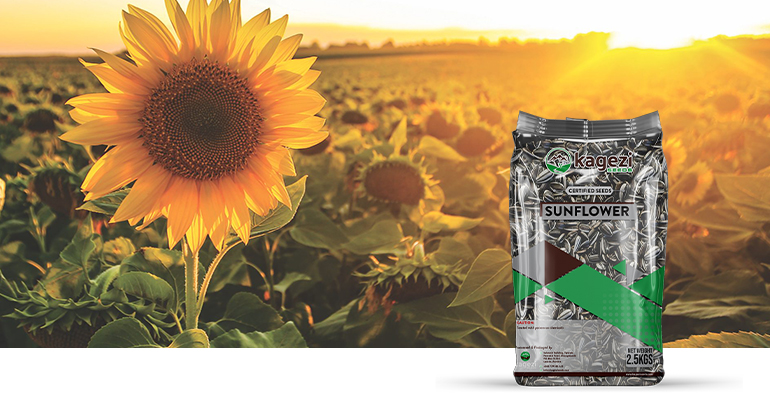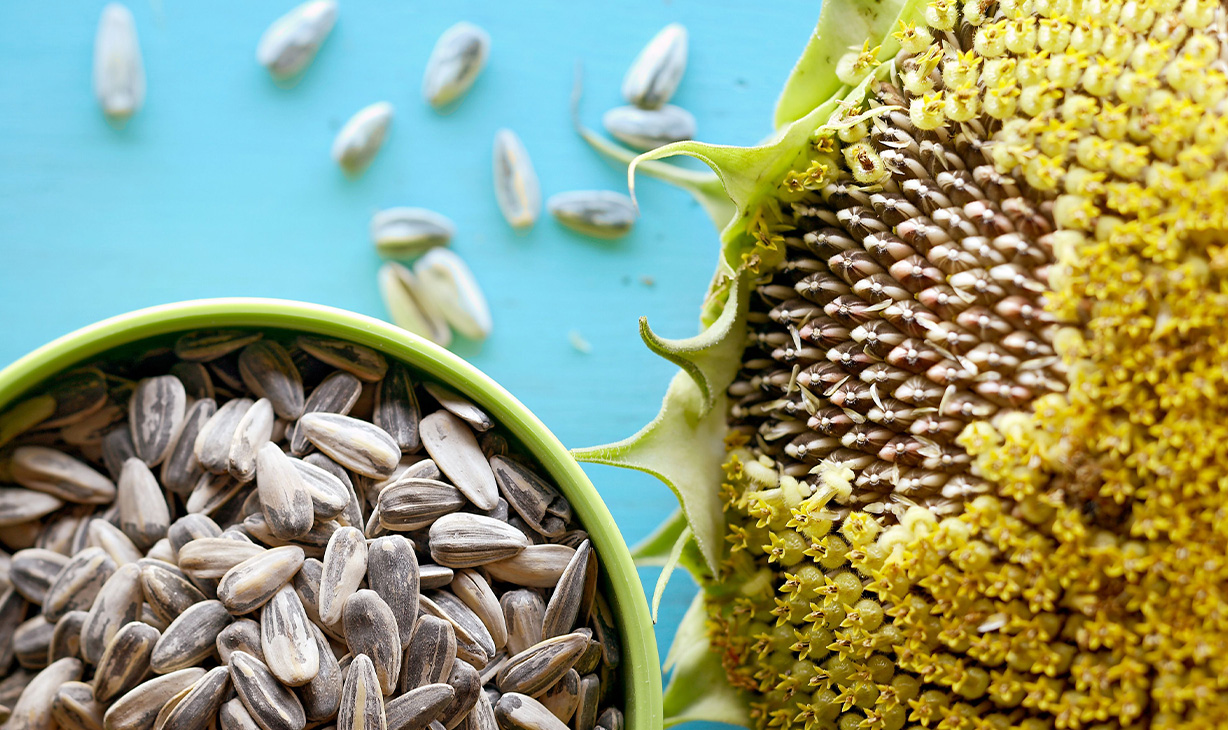No products in the cart.
Speak to a consultant
We can provide technical advice and all the information including support. Let's get talking
+260 779 581 525

Sunflower
Kagezi’s Sunflower Seeds are specially developed to ensure high oil content and strong adaptability to Zambia’s diverse climates. Sunflowers are known for their resilience and ability to grow in drought-prone regions, making them an excellent choice for farmers looking for a reliable cash crop. With deep-rooting systems, these plants access moisture from deeper soil layers, reducing their dependency on frequent rainfall. Sunflower seeds are a major source of cooking oil, livestock feed, and biofuel, offering multiple income streams for farmers.

Benefits
Kagezi’s Sunflower Seeds offer high profitability and adaptability, making them a valuable addition to farms. Key benefits include:

Drought Tolerance – Thrives in dry conditions
High Oil Content – Ensures premium-quality
Fast Maturity – Reaches harvest fast
Soil Enrichment – Helps break compacted soil
Can sunflower seeds grow without irrigation?
Yes, sunflowers are drought-resistant and can grow with minimal water, although irrigation can improve yields.
How long does it take for sunflowers to mature?
Sunflowers typically mature within 80–120 days, depending on the variety.
What type of soil is best for growing sunflowers?
Sunflowers grow best in well-drained sandy or loamy soils with moderate fertility.

